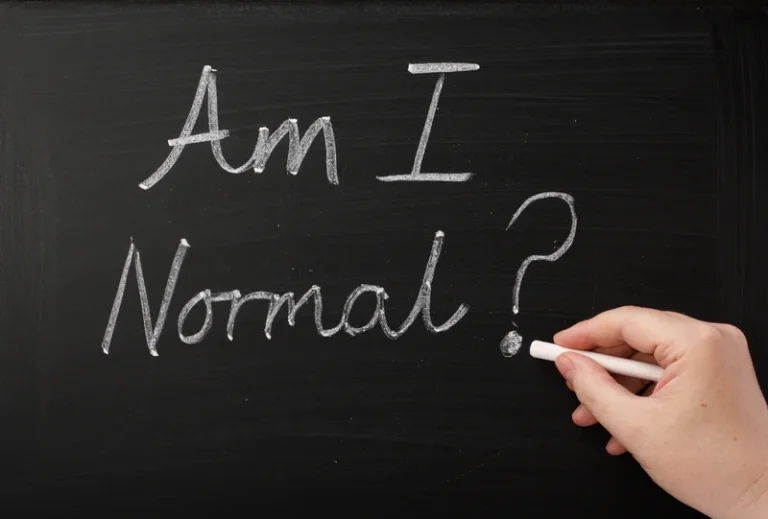
It also requires kindness, compassion, and a willingness to reach out for help if you uncover any underlying issues. Individual and couples therapy can equip you with the perspective, tools, and resources you need to embrace a healthier relationship with yourself, your partner, and alcohol. Spouses of partners with alcohol use disorders report decreased satisfaction and increased depression, anxiety, and stress. Several types of professional programs and levels of addiction services can treat alcohol use disorder, ensuring your loved one can seek one out that best fits their needs and lifestyle. While 12-step programs and inpatient rehabilitation are standard options, thanks to years of research, everyone can find a solution to help them reach sobriety.
Drinking Has Caused Problems

Every person who loves someone with an addiction has to choose whether to help the person or to distance themselves from the person. Distancing yourself can seem selfish, but you have to look out for your own well-being before you can help someone else. Encouraging our loved ones to get treatment is important, but there are also other steps that can help us protect our well-being. We do not receive any commission or fee that is dependent upon which treatment provider a caller chooses.

Signs That Alcohol Is Causing Issues in Your Relationships
One place to start is with your doctor, who can help you come up with a plan. Romantic relationships affect alcohol—and alcohol affects romantic relationships. When drinking becomes the focal point of every activity, alcohol addiction is a concern. While every person’s response to alcohol is different, your reaction may make your partner uncomfortable. You might act inappropriately in public or appear irritable due to alcohol withdrawal.
The Correlation Between Alcohol Use and Domestic Violence

But drinking too much can also take a toll on your friendships, family relationships, and even how you interact with your colleagues at work. When it comes to how alcohol affects relationships, you might notice more lying or deception from yourself or your spouse. For instance, alcohol and relationships someone with alcohol addiction might lie to their spouse about where they are (e.g., a bar or friend’s house) because it involves drinking. Or they might hide how much they were drinking, who they were hanging out with, or what they were doing in order to avoid a fight.
- As a result, the person with a SUD doesn’t deal with the consequences of their actions.
- Instead of trying to solve issues while under the influence, it’s OK to take a step back and address it at a later time, when you’re sober.
- However, there are certain things you can do that may help relieve the pressure, and in some cases, also better help your loved one start their path to recovery.
- These support groups can serve as a source of stability, resources, and advice for people who have loved ones who are struggling with alcohol addiction.
- It is only when they experience their own pain that they will feel a need to change.
If you’ve reached the point where it’s hard to communicate with your partner, consider reaching out to a therapist who specializes in couples and family counseling for help getting back on track. Instead of trying to solve issues while under the influence, it’s OK to take a step back and address it at a later time, when you’re sober. Given that alcohol can contribute https://ecosoberhouse.com/ to all these issues, it’s likely that alcohol use has the potential to lead to separation issues in some couples. A 2013 study found that of the 52 people who participated, over 34 of them (that’s more than 60%) noted that substance use was a factor for separation. This was especially true in cases where the partner refused to acknowledge an issue or get help.
- These findings underscore that alcohol consumption in domestic settings can be a major driver of violent behavior.
- You just happen to love someone who is probably going to need professional treatment to get healthy again.
- No matter what they say, addicts aren’t drinking or using because of you, nor because they lack morality or willpower.
- Additionally, chronic drinkers may have to leave careers early due to health problems.
- Initially, a person may think that using alcohol helps them deal with these stressors, but over time, frequent heavy drinking can turn into dependence on the substance.
Female partners are especially influential, for better or worse.
What to do if you’re living with substance abuse
Dating an Alcoholic: Navigating the Complex Challenges



Add comment